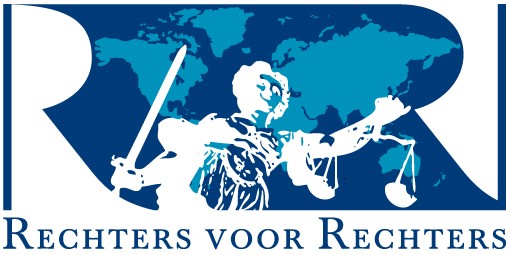
Statement on judiciary in Russian Federation, and individual cases in Venezuela and Swaziland
The ICJ today made an oral statement at the UN Human Rights Council, in the interactive dialogue with the Special Rapporteur on the independence of judges and lawyers, responding to her report on her visit to the Russian Federation.
The statement also highlighted the case of reprisals against judge Maria Lourdes Afiuni from Venezuela, and the arbitrary detention and unfair trial of human rights lawyer Thulani Maseko and journalist Bheki Makhubu in Swaziland.
The statement affirmed that although some progress has been made in legal and institutional reforms to develop an independent and impartial judiciary in Russia, advances remain extremely fragile and are threatened by retrogressive legislative measures, by corruption and by undue influence.
The greatest obstacle is a pervasive mind-set amongst judges who see themselves as executive officials rather than as exercising an autonomous judicial role.
The statement discussed improper influence in selection, appointments and removals of judges in Russia.
It also stressed concerns around the merger of the Supreme Court and High Arbitration Court into a new unified Supreme Court for the Russian Federation.
The ICJ also highlighted the case of Judge María Lourdes Afiuni from Venzuela, emblematic of a wider crisis for the rule of law in Venezuela.
After a lengthy period of arbitrary detention in which she was subjected to gross abuses, she remains enmeshed in a seemingly endless criminal procedure.
She was targeted solely for having duly performed her functions as a judge, after she ended a detention that had been recognised as arbitrary by the Working Group on Arbitrary Detention.
The statement also thanked the Special Rapporteur for her press release, issued jointly with three other special procedures on 12 June, about human rights lawyer Thulani Maseko and journalist Bheki Makhubu, who are under arbitrary detention and unfair trial in Swaziland.
The representatives of Venezuela interrupted the ICJ statement, invoking a point of order.
In her closing comments, the Special Rapporteur reiterated her concerns about the case of Judge Afiuni, calling once again for all charges against her to be dropped and for her to be reinstated.
The ICJ June 2014 report on the rule of law in Venezuela is available here.
A 2012 ICJ report on disciplinary procedures applicable to judges in Russia is available here.
- ICJ-HRC26-Statement judiciary Russia-advocacy-non legal submission-2014 (full text in pdf)
Source: 16.06.2014. http://www.icj.org/?p=29677. Republished with permission.
